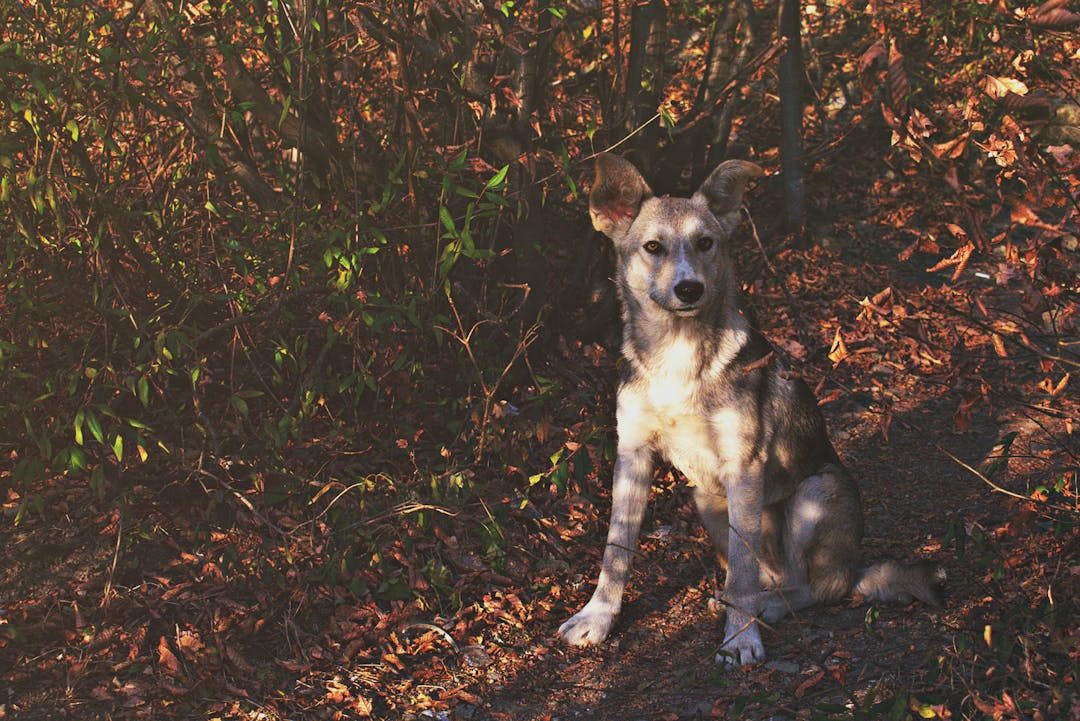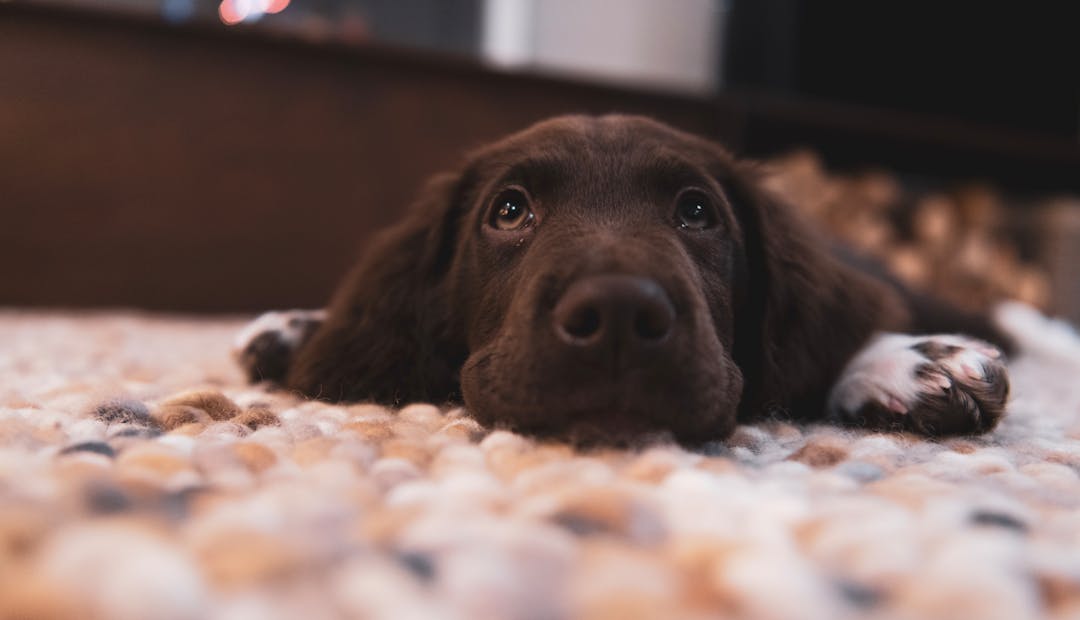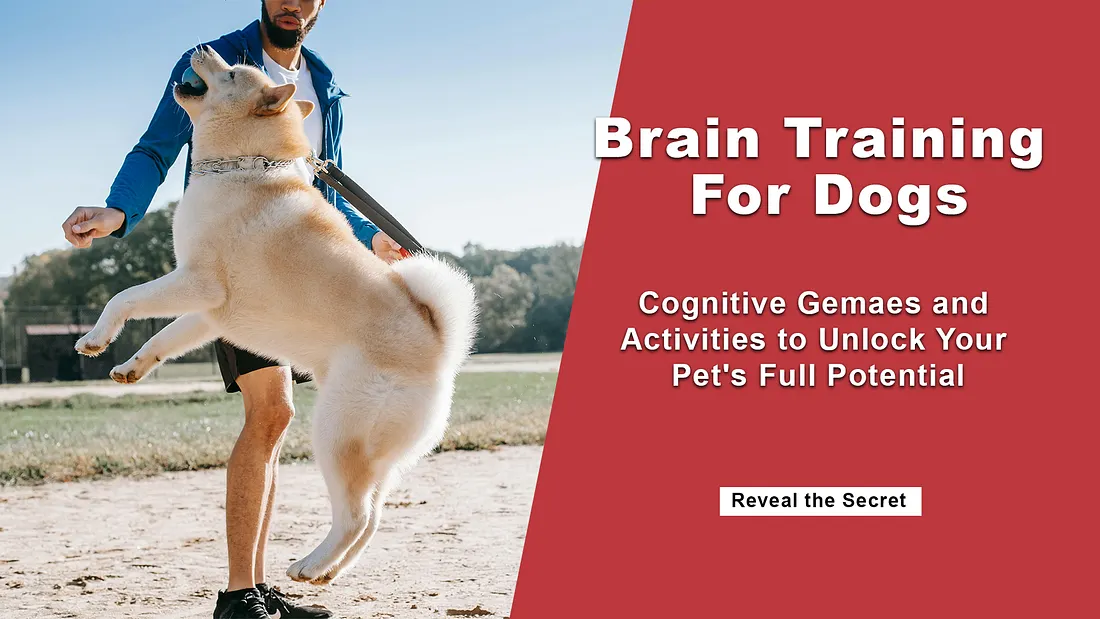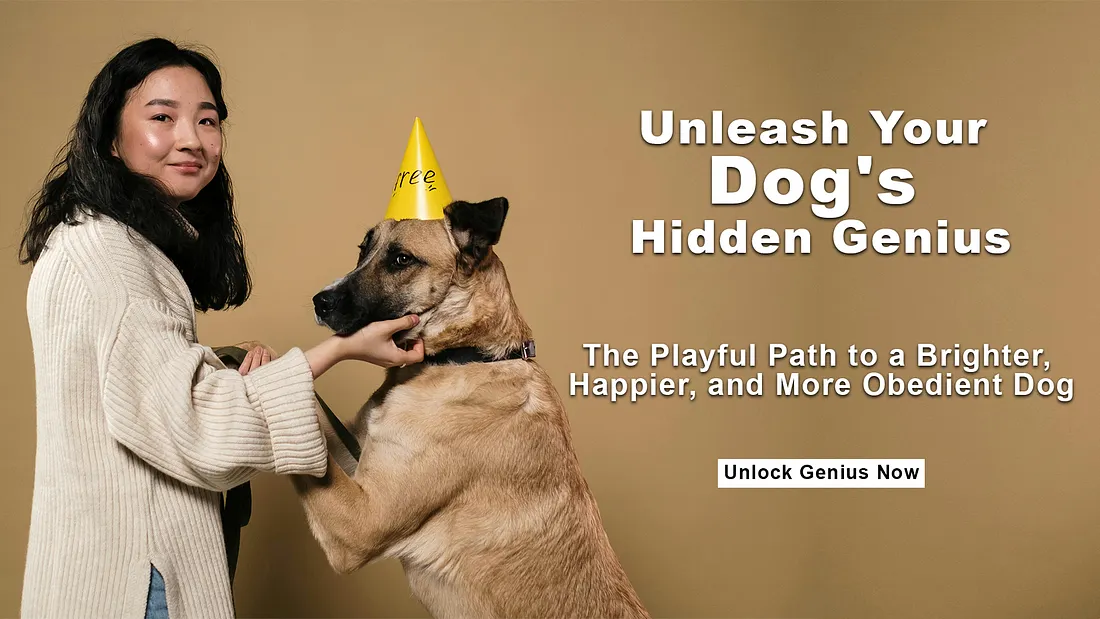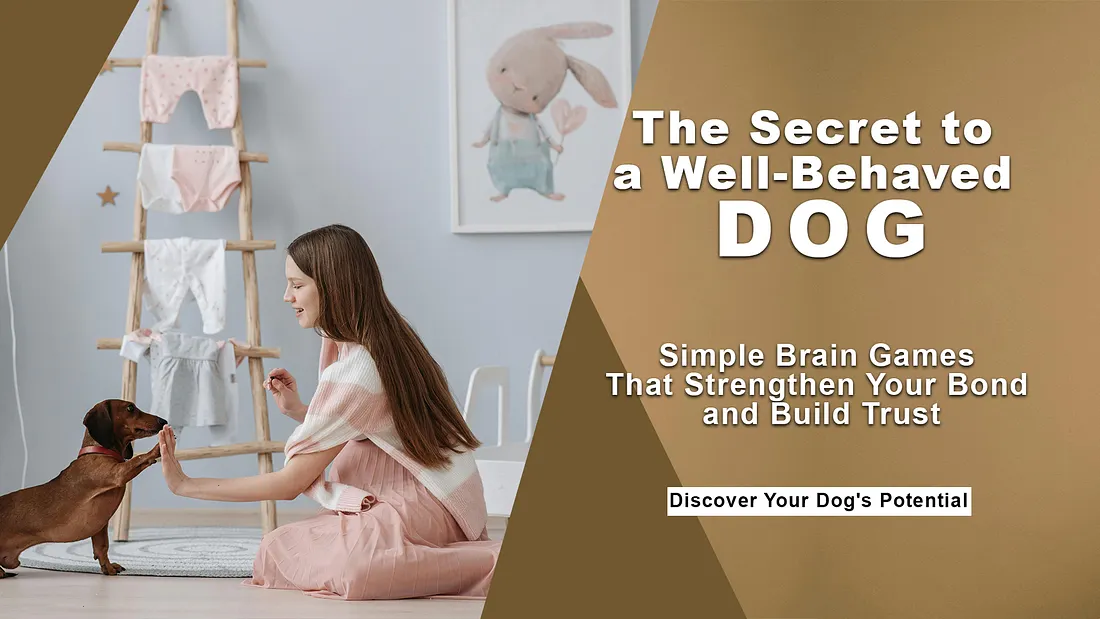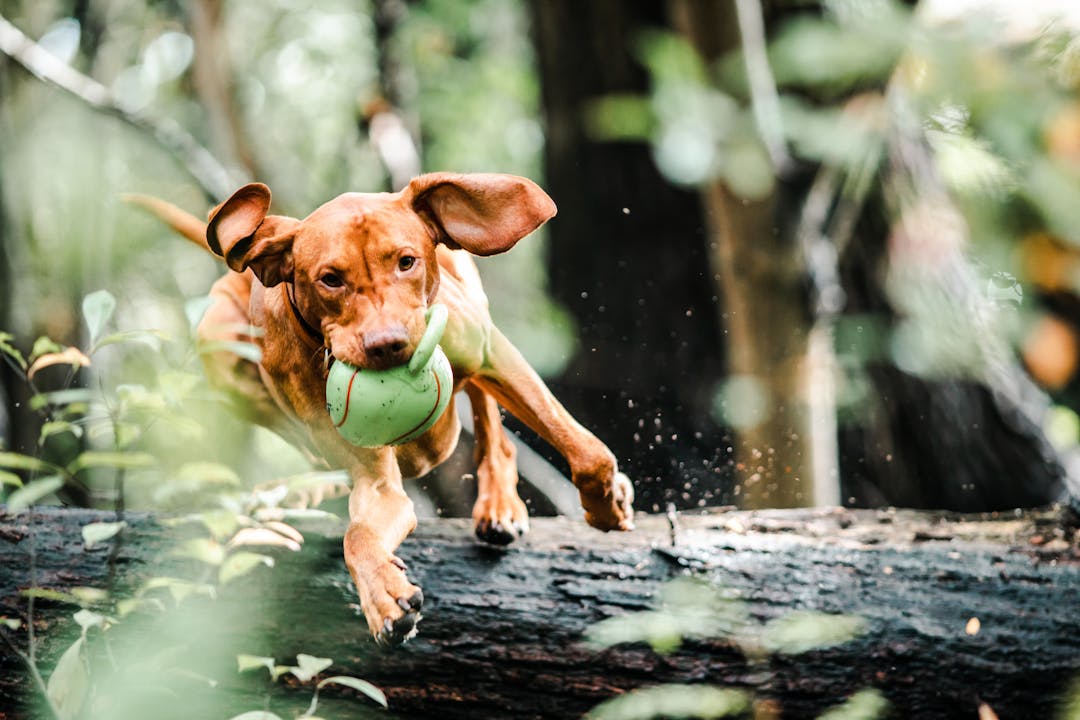Well-Behaved Pups Made Easy: Dog Training Services in Chicago, IL
Improve Your Dog’s Undesirable Habits with Engaging Games
Those annoying habits we often see – jumping on visitors, barking excessively, tugging on the leash, you name it – often stem from not getting enough exercise, under-stimulation, or a misunderstanding of what you expect. Positive training can change that!
- Energetic Greeter? Turn fetch into a jumping redirect.
- When guests arrive, right as your dog starts to get excited, send them on a “mission” to fetch a favorite toy.
- Reward them for bringing it back in exchange for attention from your guest.
Dog Training Elite: Is your pup more “ruff” around the edges than refined? Are you craving a better-behaved canine companion? The right dog trainer can make all the difference! Let’s break down how to discover the best dog training resources in your local area. Here we will discuss all the keywords like Dog Training Quad Cities and Dog Behaviorist For Aggression.
Train Your Dog for a Better Life: Safety, Behavior, Bonding
Dog training isn’t just about fancy tricks. It’s about helping your dog become a well-adjusted companion :
- More Meaningful Bond: Training fosters trust and enhances your relationship with your dog.
- More Secure Dog: A well-trained dog is less likely to bolt, have altercations, or exhibit dangerous behaviors.
- Happier Household: Training helps with problems like incessant barking, destructive behavior, and indoor mishaps.
Approaches of Dog Training Styles
There’s more than one way to train an older dog! Here are some common training options:
- Basic training classes: These cover essential commands like “sit”, “stay”, and “come”, leash manners, and social skills. They’re great for puppies and dogs new to training.
- One-on-one training: These sessions address specific behavioral issues or more complex skills.
- Immersive training programs: Your dog lives with the trainer for intensive training over several weeks.
- Specialized training: Options include agility training, scent training, or guard dog training.
Finding the Right Dog Trainer
Don’t just choosing the first name you come across online. Ask about its meaning where it comes from its background :
- Do they focus on positive reinforcement or do they rely on older, punishment-based techniques?
- Ask about relevant certifications, that signal professional knowledge.
- Experience: Have they worked with your dog’s breed, age, and specific challenges?
- Do they offer client references?
Tips for a Relaxed, Responsive, Fulfilled Dog
We all desires a dog that’s well-behaved and by our side. But behind every obedient, well-adjusted dog isn’t just strict training, but also a dog that is mentally stimulated, receives plenty of exercise , and deeply connected to its owner.
Solves all three :
- Our furry companions, just like humans, require brain workouts! Interactive play challenges them to think. This mental workout helps prevent boredom, which can lead to unwanted behaviors.
- An exercised dog is usually a good dog. Including physical exercise into your playtime builds a healthy routine and lets them burn off excess energy in a safe environment.
- Nothing strengthens the bond between you and your dog than having fun! Playtime encourages positive interactions, builds trust, and gives you insight into your dog’s personality and communication style.
Reveal Your Dog’s Optimal Behavior with Exciting Brain Games
The best games utilize your dog’s natural problem-solving skills. Here are a couple of engaging brain games to enhance your training:
- The “Find It” Game: Hide treats or a favorite toy in simple boxes or under towels. Encourage your dog to use their sniffing skills to locate the prize. Begin with simple searches and gradually increase the difficulty as they get the hang of it!
- The Shell Game: Ideal for honing concentration and building impulse control. Set up three upside-down cups (non-transparent). Hide a treat under one, then mix them up, encouraging your dog to guess which cup hides the reward.
- Puzzle Toys: Invest in interactive puzzles that make your dog earn its snacks. These mentally engaging toys keep pups occupied while improving their reasoning skills.
Are you tired of your dog’s barking? This effective course is the solution you need.
The best dog training doesn’t feel like a chore for either of you. Play-based training changes the whole experience with these key benefits:
- Increases Motivation: Dogs, like children, learn more quickly when it’s pleasurable!
- Improves Recall: Games such as fetch or an amped-up version of hide-and-seek naturally make your dog want to return to you, building reliable recall.
- Builds Confidence: Accomplishing tasks through play, even simple ones, builds good feelings and gives your dog a sense of self-confidence.
- Reduces Stress: For both you and your dog! Play is a natural stress reliever, and the positive reinforcement approach eliminates the frustration that can come from traditional training methods.
Quit Battling with Your Dog: Train Through Play
If the traditional “sit,” “stay,” and “heel” approach leaves you exasperated, it’s time to try play. Remember, dogs don’t speak our language – they learn through actions and repetition. Games break difficult tasks down into playful steps, helping them succeed in a non-pressured, happy environment.
Here’s how to incorporate fun into basic training:
- Instead of physically forcing your dog into a seat, simply hold a treat above their head. As they naturally raise their head to reach it, guide it back until they sit. Immediately give them praise! Now, you can introduce the word “sit” as the action happens. Try a similar approach by lifting a paw for “shake.”
- Instead of focusing on a motionless “stay”, make “stay” a fun challenge. Have your dog sit and stay for a short time, then toss a toy a short distance. Release them with a “fetch it!” command and reward them for coming back to you instead of running after the toy forever. Gradually make the “stay” longer.
- Instead of struggling with the leash, turn your walk into a playful “follow the leader”. Change speeds suddenly, walk in circles, and switch directions unexpectedly. Reward your dog for staying by your side. Add in a verbal “heel” cue as they match your pace.
Dog Training Elite
Do you want a smarter, fitter, well-trained dog?
Achieving a perfectly behaved dog doesn’t come in a magic pill. However, consistently making time for engaging, playful training sessions is as close as it gets. You’ll observe the benefits extend far beyond the specific commands you teach.:
- Enhanced Problem-Solving Skills: Mentally challenged dogs become better problem solvers in situations beyond their training. This means they’re less likely to get into trouble out of boredom!
- Increased Confidence: A dog who knows playful “tricks” and succeeds at training games feels more confident in their own abilities and their bond with their owner.
- Improved Physical Health: Active play is essential for maintaining a dog’s ideal weight and helps alleviate joint pain and other ailments associated with a sedentary lifestyle.
- Decreased Anxiety: A well-exercised, mentally stimulated dog is less prone to anxiety and stress-related behaviors.
A Unique Approach to Enhance Your Relationship with Your Dog
A key time you dedicate to playful training isn’t just about the results; it’s an investment in the heart of your bond – your relationship. Dogs thrive on positive attention and shared experiences. Play checks both boxes and makes you your dog’s favorite source of fun.
- Learn Your Dog’s Language: Through play, you’ll better understand what they like and dislike, and how they express themselves.
- Does a tail wag with a tucked rear mean anxiety instead of pure joy? Play gives you a window into their world.
- Mutual Respect: Play-based training avoids harsh punishments and focuses on rewards for good choices. Your dog will see you as a partner in fun, not just an authority figure.
Relationship Danger Signals to Watch Out For
- Trainers who promise guaranteed solutions
- Those who rely on harsh discipline techniques
- Anyone who won’t allow you to watch a session
- Trainers who insist on high-priced plans upfront
In your area Dog Behavior modification Resources
- Ask your vet: They often have great recommendations.
- Visit local pet stores or animal shelters: Many offer classes or referrals.
- Do an online search: Use keywords like “[your location] dog training”. Check out reviews on Google, Yelp, or similar sites.
- Become a member of dog groups in your area: Social media or sites like Meetup.com can connect you to owners with trainer recommendations.
Keywords: Dog Training Quad Cities, Dog Training Elite, and Dog Behaviorist For Aggression. Your location is near Chicago, Illinois, Cook, 60647.
Let’s start the excitement begin!
Remember, play-based training is all about adapting and having a blast alongside your pup! Let your creativity run wild, make things silly, and celebrate each tiny win along the way. You might even find yourself rediscovering the pure delight of being a dog owner as your loyal companion blossoms into their most joyful and most well-behaved self.
